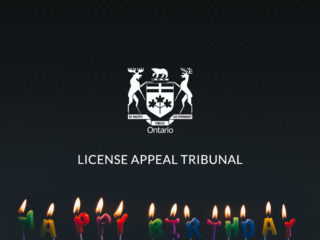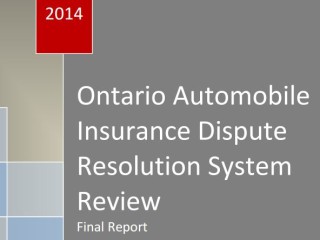This appeal concerned the nature of the notice an insurer must give to examine an applicant for accident benefits under oath. Section 33 (2) says the applicant “shall” submit to an examination under oath if requested. Section 33 (4) (3) requires an insurer to give the applicant advance notice of the “reason” for the examination. Relying on the latter, some applicants demanded their insurer provide reasons in the sense of a justification that they attend an examination under oath.
Date Heard: April 27, 2017 | Full Decision [PDF]
The Court of Appeal engaged in a purposive analysis of the regulation and the specific provisions dealing with examinations under oath. The Court concluded an insurer is not required to provide justification for its request that an applicant attended an examination under oath. The key findings made by the Court follow.
First, the Court determined the regulation generally requires applicants to provide information to their insurers. Second, there are provisions in the regulation that do qualify an insurer’s right to make requests of the applicant. The qualifications are that request be “reasonable and necessary.” Notably, section 33 (4) (3) contains no such qualification.
Third, the notice requirement of subsection 3 is procedural in nature – like the time and location of the examination – other requirements under section 33 (4). And, it is not grammatically structured to qualify the mandatory language of section 33 (2).
Fourth, there is no need, on the basis of fairness or to protect the application from abuse, to read-in a requirement the insurer provide justification for an examination under oath. If an applicant does not want to attend the examination they are free to refuse, and take their matter to the License Appeal Tribunal.
Fifth, a prior FSCO decision held there is no need to provide detailed reasons for the exam, only notice of the general type of questions that will be asked. The Court found the FSCO interpretation persuasive.
Read the full decision [PDF]












